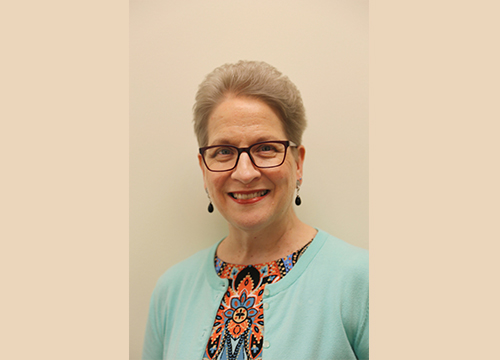Second Sunday in Ordinary Time Is 62:1-5; Ps 96:1-2, 2-3, 7-8, 9-10; 1 Cor 12:4-11; Jn 2:1-11
Though the Christmas season has ended, we hear its echo on this Sunday. Isaiah 62:1-5 gets a reprise, having recently appeared in the Christmas vigil lineup; and Psalm 96, of Christmas midnight fame, returns with a new refrain and different selection of verses.
As we now enter Ordinary Time, we keep the wonder of Incarnation alive in our hearts. Marriage imagery in the Isaiah reading makes it a good match for John 2:1-11 — the wedding at Cana. The latter was once featured among the readings for Epiphany, describing as it does a clear manifestation of divine glory. One can imagine this story of wine — and grace — in abundance simply brimming over into Ordinary Time.
Isaiah offers a word of promise sometime after Cyrus of Persia’s release of the exiles as the restoration of Jerusalem gets underway. Discouraged by the endless heaps of rubble, and disappointed in the slow progress of rebuilding, the people hang on the prophet’s hopeful words.
He reminds them of God’s regard, employing the glorious images of a royal wedding. Calling their beloved city “glorious crown” and “royal diadem” held by God, the prophet speaks of marriage between God and God’s people in which the old designations of “forsaken” and “desolate” give way to new names reflecting God’s delight and desire for intimacy.
How fitting that this Sunday’s psalm calls forth a “new song” from our people in response to this reversal of fortune! How fitting that the Gospel reading tells of stone water jars, prescribed for ceremonial washings, now filled to overflowing with the wine of the Messiah’s wedding feast! Even St. Paul chimes in with his take on the outpouring of the Spirit, in generosity and diversity, amid the community, for the benefit of all.
The first line of today’s Gospel, “There was a wedding at Cana, and the mother of Jesus was there,” sets the scene simply yet evokes a vivid picture. Of course, she’s there! One of the GO TO people at this family event, she bears or shares responsibility for hospitality, paying attention to the guests, the food and, yes, the wine.
In her culture, hospitality is more than a virtue; it’s a necessity for survival and a deep-rooted cultural obsession. Before the bridegroom or the head waiter become aware of it, Mary knows: They have no wine. The last drop has been poured, and it’s only a matter of time before the celebration grinds to a halt and the disgrace of meager hospitality falls upon her family.
In this emergency, Mary does the unthinkable. She crosses the cultural boundary between Jewish women and their grown-up sons and calls upon Jesus for help in the “domestic sphere.” He knows well the social implications of her statement, “They have no wine,” yet he resists her prodding.
Having left her world behind at puberty, he has every cultural right to say, “Woman, how does your concern affect me?” The tag line, “My hour has not yet come,” has an ominous ring to it, foreshadowing the “hour” of his passion and death.
Singularly focused on the situation at hand, Mary ignores his protest and instructs the servants, “Do whatever he tells you.” In prompting her son to handle a crisis, she motivates the miracle that launches his ministry.
Jesus takes charge and tells the servants what to do: “Fill the jars with water… draw some out and take it to the head waiter.” An air of surprise sweeps through the gathering, not because of the miracle (only the servants and disciples witness that), but because the new wine is so delicious, and there’s so much of it!
The head waiter, eager to avoid responsibility for a social blunder, gives the bridegroom “credit” for this surprise — for holding back the best wine until now.
Thus, Jesus sets the stage for his mission with this glorious sign of God’s overflowing grace.
Melanie holds a master’s in pastoral studies from Loyola University, New Orleans.

